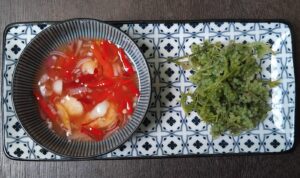
My first job on this side of the world saw me driving my boss’s wife’s little red roadster down a narrow dirt track clinging to the edge of a hill. My task for the day was delivering the family’s live-in housekeeper for her monthly R&R with friends. When we reached the end of the dirt track, she got out and I started the awkward process of U-turning without dropping this precious vehicle off a precipice.
“No, you must rest first,” said the housekeeper (let’s call her Umi). “Come, come. There is something you must try.”
“Okay, sounds good.” I also needed to stretch my legs, so I followed Umi down the narrow path through scrub jungle until it opened onto a clearing lined with houses. This, I later learned, was a hidden village, and I’m going to have to veer close to politics to explain what that means:
A large portion of our state’s population is undocumented. For various reasons, all of which lie far beyond the scope of this account, an estimated 500,000 people live beneath the radar. This represents whole generations banned from legal employment and forbidden from accessing official services like education and medical care. The complications and consequences thereof also go beyond this account, but needless to say, it’s not an easy life.
So Umi brought me to one of these concealed houses and shouted up at the window. A woman appeared, dressed in a sarong to her armpits. The moment she saw me, she launched into a torrent of angry words. But Umi wasn’t having any of it and fired back with equal vigor. This verbal artillery continued until Umi said to me, “You sit on the porch.”
The porch was clearly no man’s land. I sat, and Umi and the woman went inside to continue their battle. A short time later, Umi stuck her head out the door. “Just wait. We are preparing lunch.”
So I waited, looking forward to lunch.
Inside, treaties were being negotiated. Soon, a messenger arrived: a small boy armed with a black plastic bag. He grinned at me, then vanished into the house. A short time later, the woman emerged briefly for reconnaissance. “You!”
“Yes?”
“Spicy can?”
“Uh, yes. Can.”
She did not look convinced, but vanished back inside. Silence reigned as an uneasy ceasefire settled over the house. The porch was actually rather a nice place to sit. It had a view of mangroves, which were attractive if you ignored the piles of smoldering trash (no access to official services seriously complicates domestic waste management). I settled down for a spot of birdwatching.
Eventually, Umi and the woman reappeared on the porch, followed by the grinning boy. The woman placed a plate on the table in front of me. On this plate was a pile of green tentacles covered in tiny spheres. It came with a dish of water on the side.
“Oh!” I said. “This looks nice.”
“It is latok,” said Umi. “A sea plant.”
“Ah, seaweed.” What a pleasant surprise.
Another dish joined it on the table. Chopped chilis floating in lime juice. The woman pointed at it.
“Spicy,” she said.
Spicy was fine, but I did require a few more eating instructions. I looked at Umi, who picked up a latok cluster-strand, washed it in the water, dipped it in the chili lime, and held it out to me. I ate. The strand was slimy, sharp with the taste of the lime and the heat of the chilis. The tiny spheres popped when I bit them, flooding my mouth with juicy marine concentrate, like eating the ocean.
“Do you like it?” Umi asked.
“Yes,” I said, immediately taking another strand of this sensational snack.
“Na!” Umi cried, giving the woman a triumphant look.
But the woman refused to concede defeat. She barked a word at the small boy, and he slipped inside the house, returning with yet another plate, this one piled with instant noodles. The woman put it on the table and reverently handed me a fork.
It happened to be my favourite flavour (asam laksa). “Thank you!”
So there I sat on that golden late afternoon in a hidden village. Fork in one hand, latok in the other, I alternated between slippery noodles and slippery seaweed under the watchful eyes of the two women, each determined to win the War of What to Feed the Stranger. Little did they know I was Switzerland in this conflict: I’ll try anything put in front of me.
Freeing Caged Lions
On Artistic Courage in the Face of Doubt
Sometimes things collide in the most unexpected ways. On the one hand, I am slowly picking my way through Conversations with Goethe in the Later Years of his…

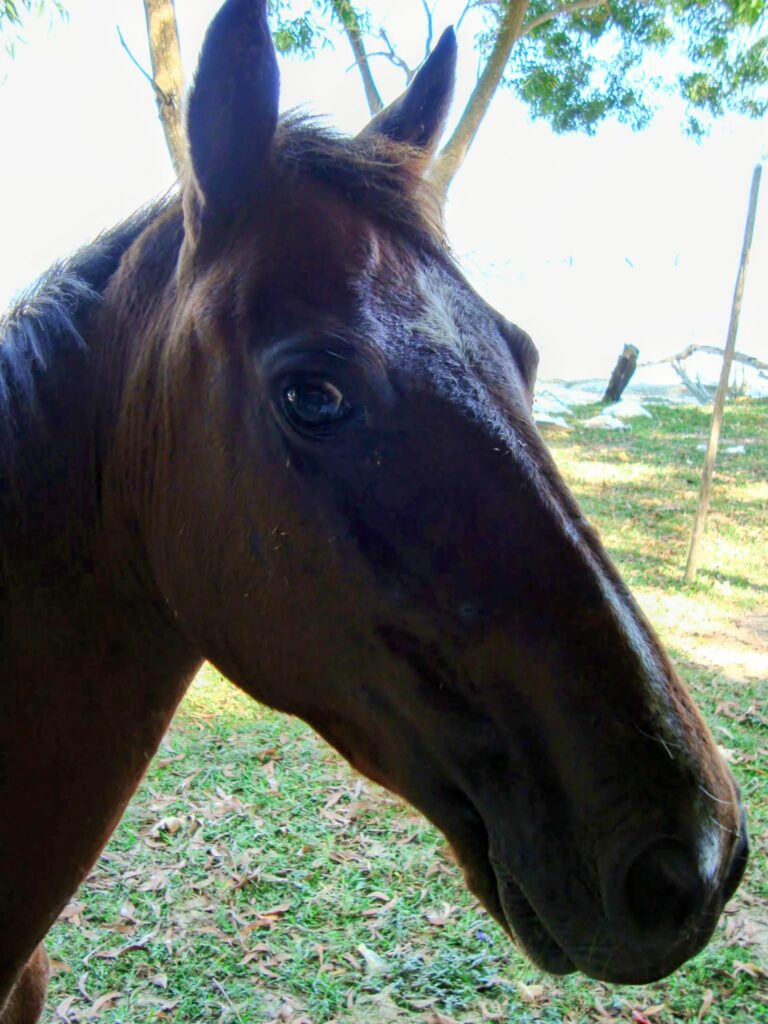


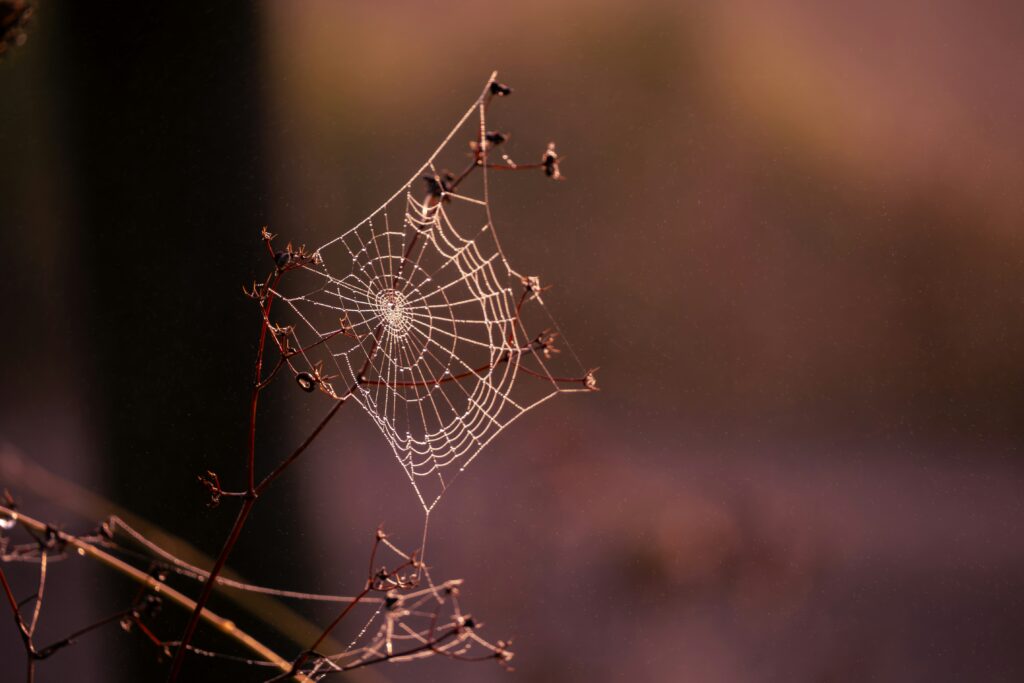


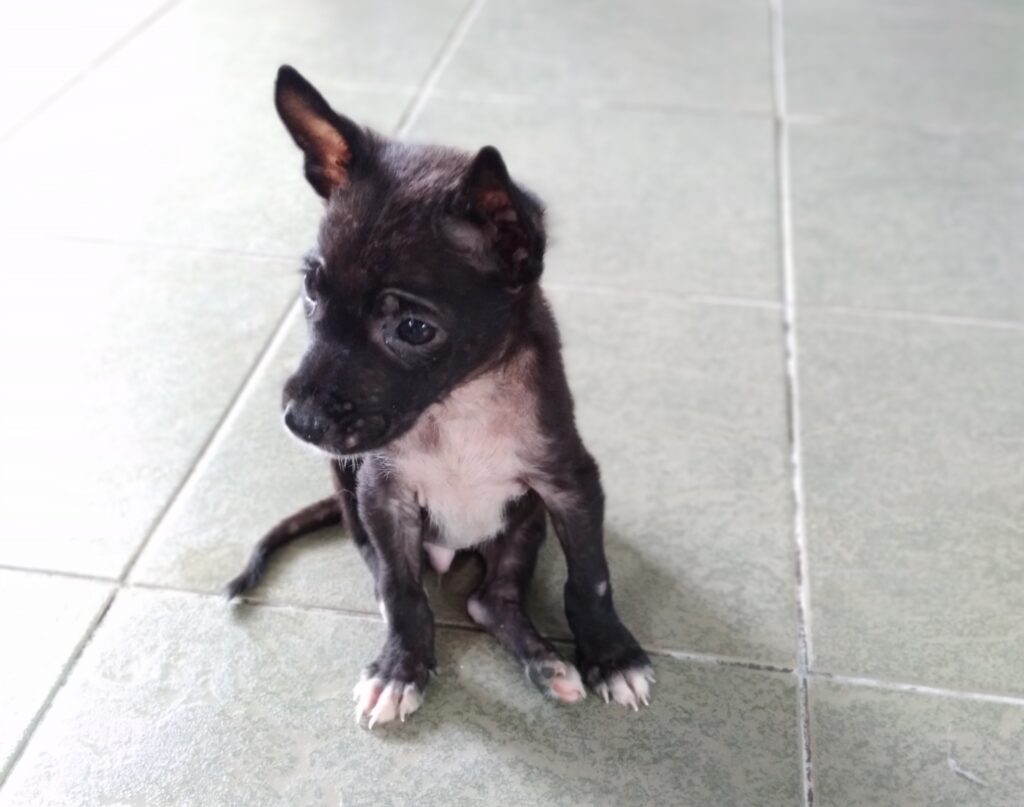
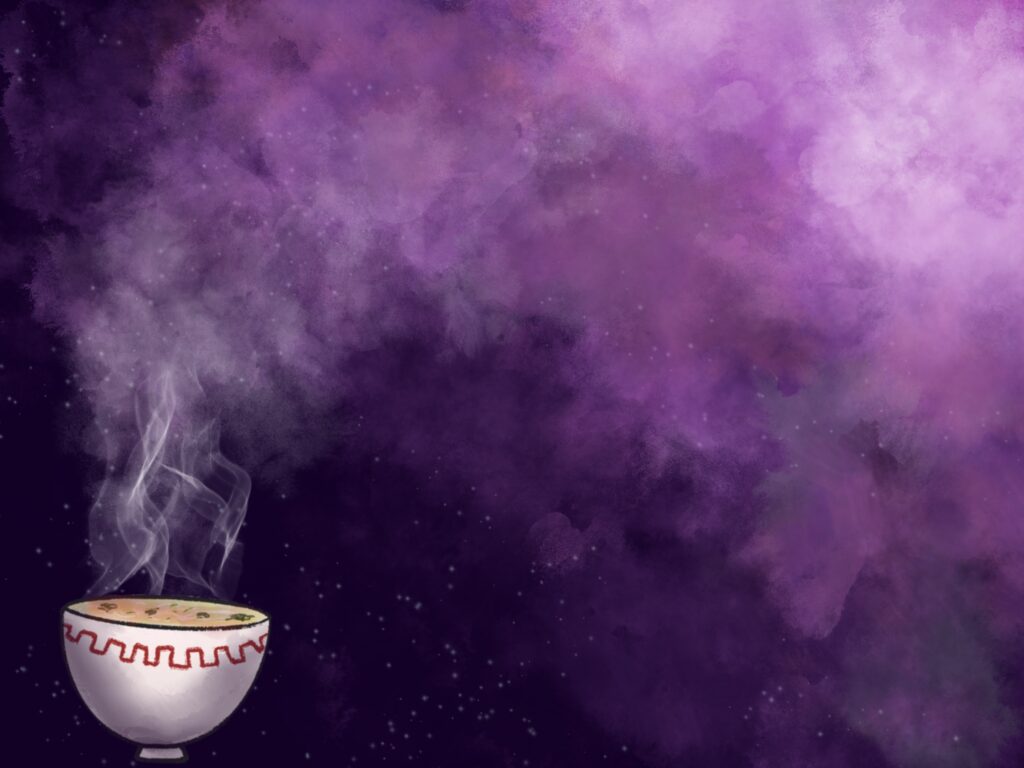
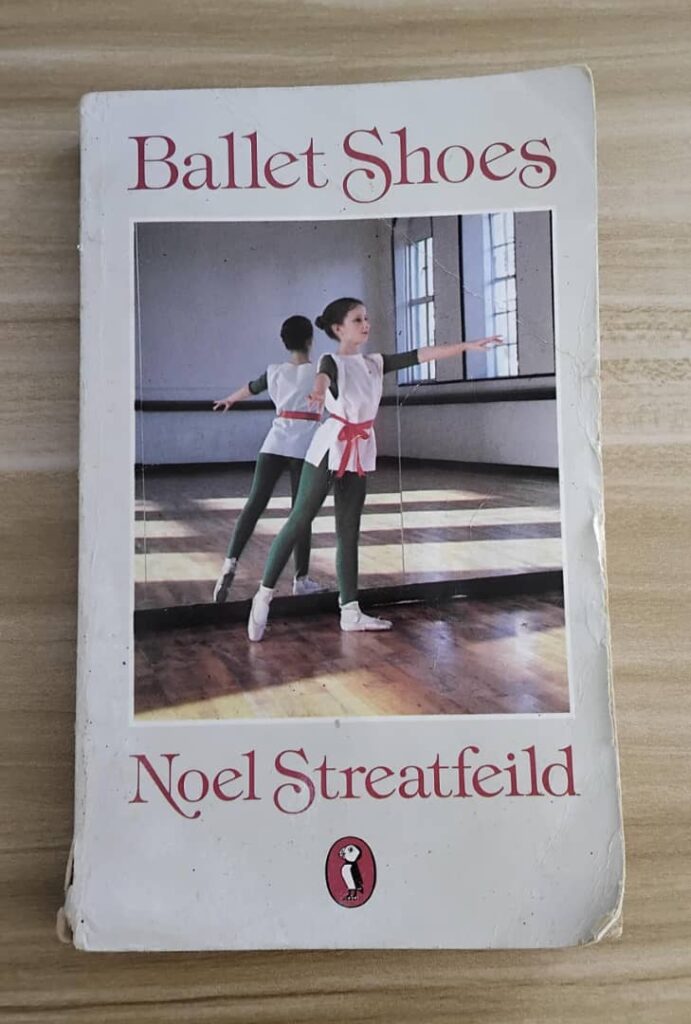
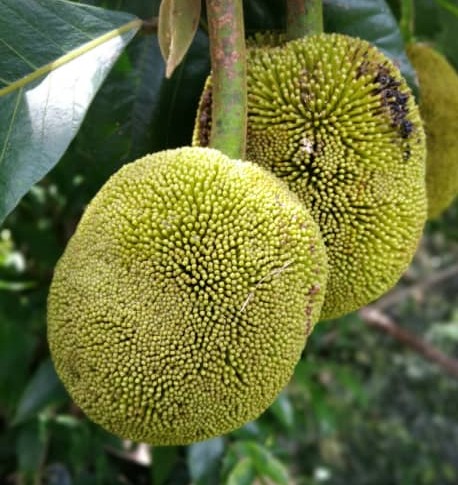

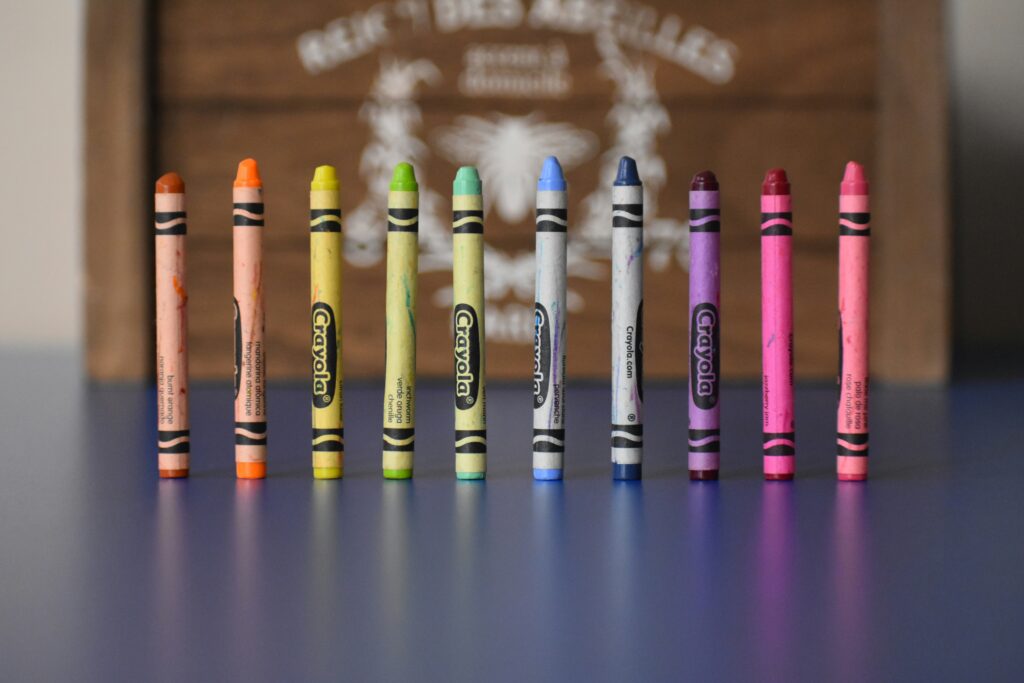

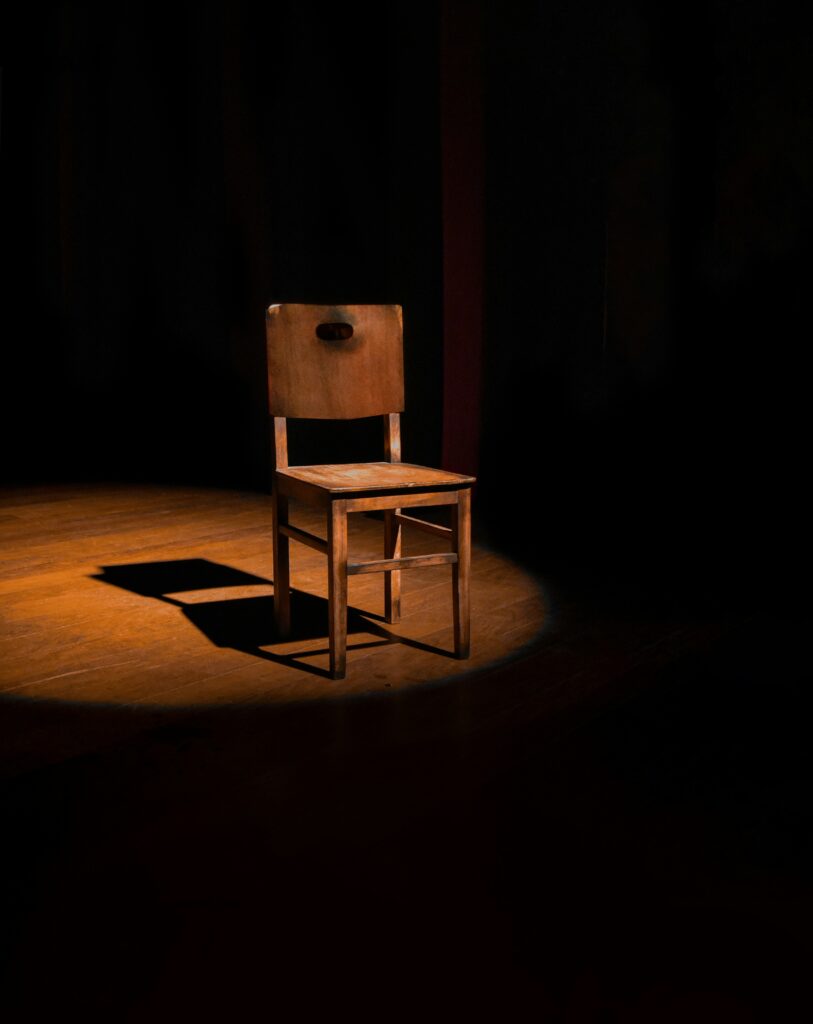
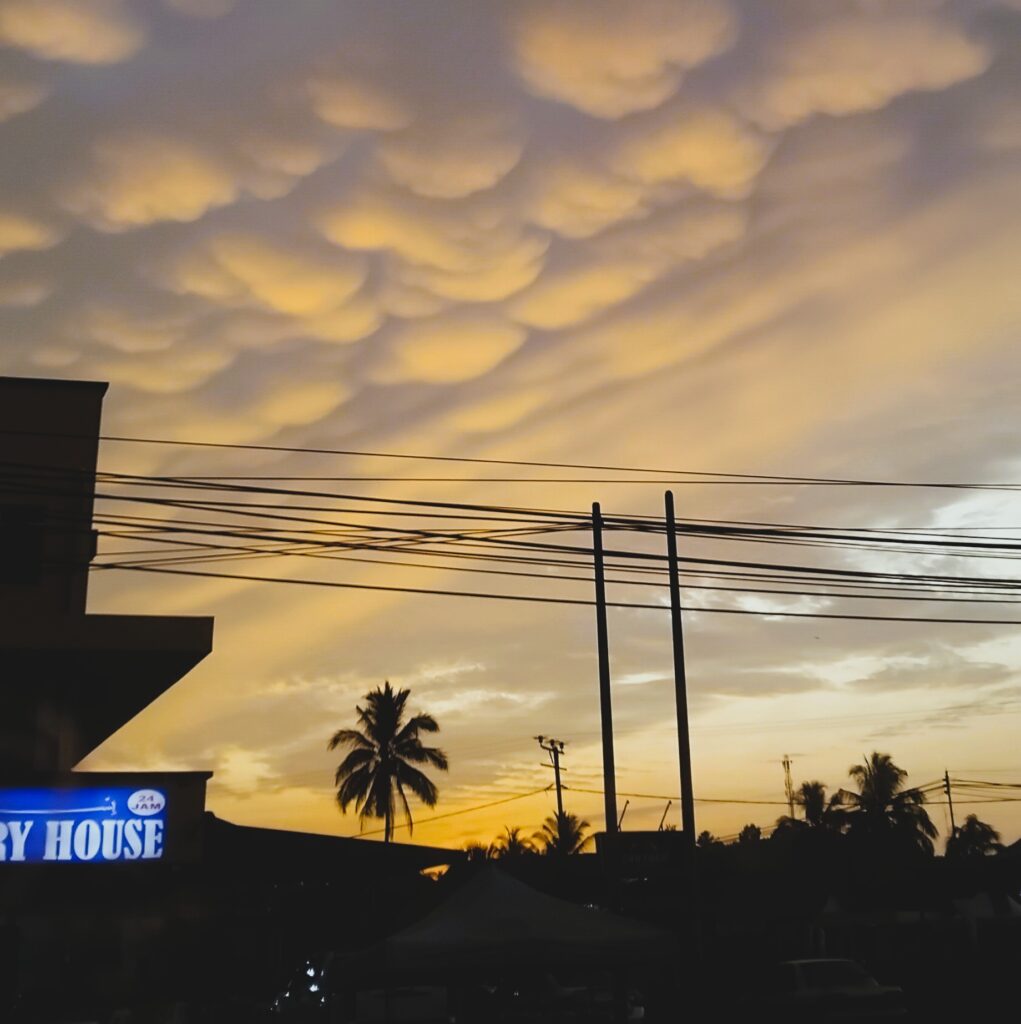
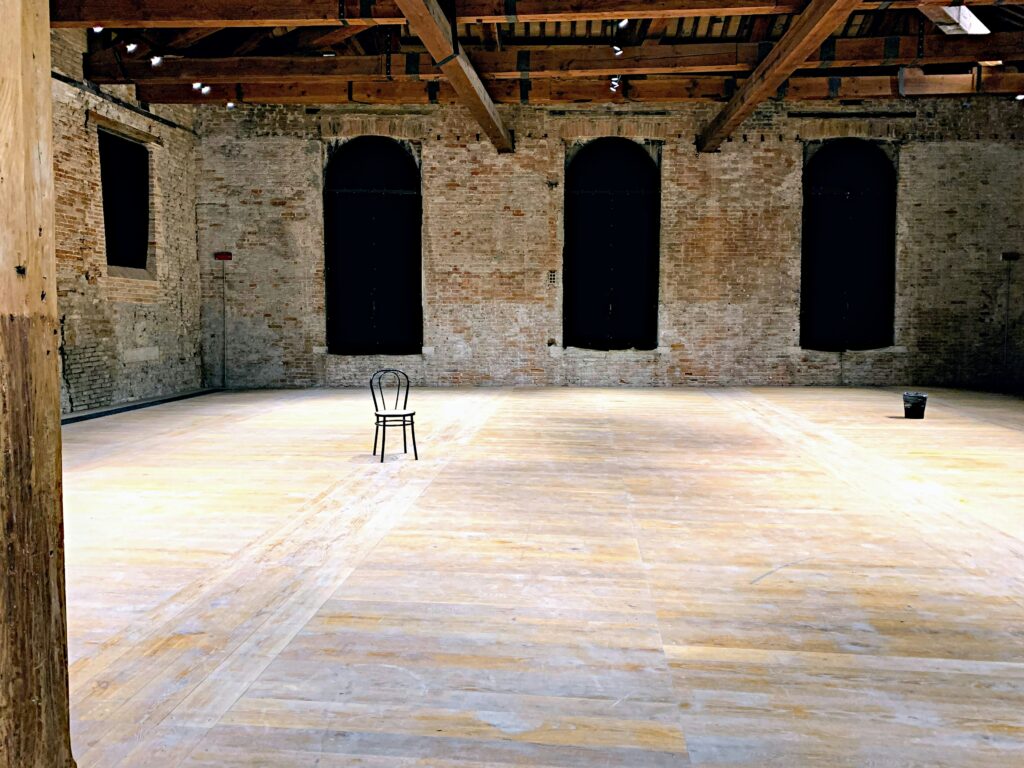

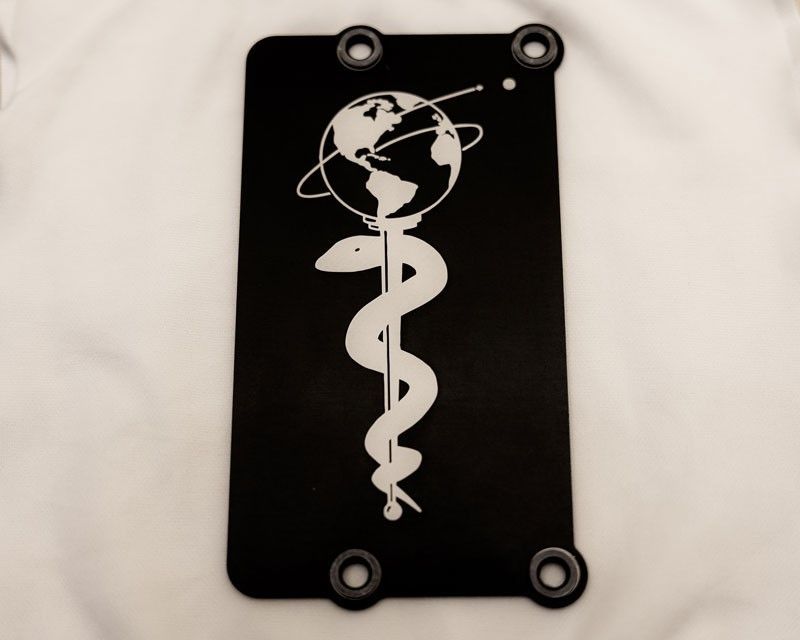


You do have some fantastic encounters, Laura. And your blogs have become a must-read for me. You give a great insight to exotic folks, exotic foods and suchlike.
Thank you! It was certainly an exotic experience.
You have such an adventurous palate! Have you had latok again since? Or was once enough?
Absolutely, I love latok! Alas, you can’t exactly get it from a supermarket, so I have to go see the sea nomads or their landlubber cousins when they bring it to the weekly open-air market.
I can so relate. In Japan and China there was a delight in offering squidgey things that repelled foreign invaders. The supermarket in my Tokyo neighbourhood though lost out when my father visited. Perhaps because of the hunger he encountered that winter he fought across Europe in the Battle of… Read more »
I do like natto, but I will draw the line at eating baby octopi alive. Anyone who puts it in front of me thinking I’d try is not worth my time.